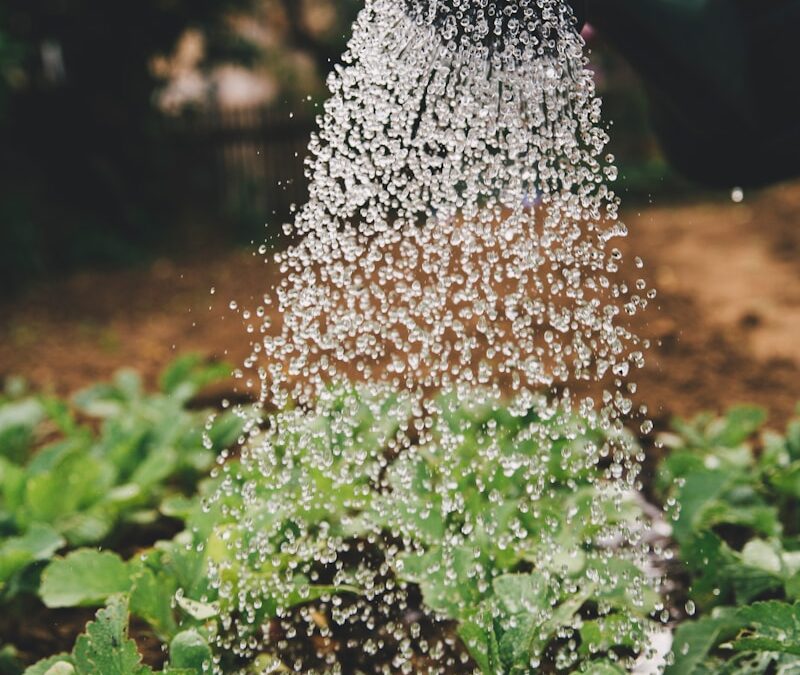Sustainable Urban Planning in Floating Cities
Introduction to Integrating Agriculture in Floating Cities
Integrating agriculture in floating cities presents unique challenges and opportunities for sustainable urban development. As cities like Riyadh and Dubai explore innovative solutions to accommodate growing populations and address environmental concerns, the concept of floating cities with integrated food production systems is gaining traction. These cities, built on water, offer a novel approach to urban living, combining advanced technology and sustainable practices to create self-sufficient communities. However, the integration of agriculture in these environments poses significant challenges that require thoughtful planning and innovative solutions. By addressing these challenges, floating cities can become models of sustainability and resilience in the face of climate change and urbanization pressures.
Challenges of Integrating Agriculture in Floating Cities
The primary challenges of integrating agriculture in floating cities revolve around space, resource management, and environmental impact. Limited space on floating platforms necessitates innovative agricultural techniques, such as vertical farming and hydroponics, to maximize productivity. Resource management, particularly water and energy, is crucial in these environments, as traditional agricultural practices are not feasible. Ensuring a stable and efficient supply of these resources requires advanced technology and careful planning. Additionally, the environmental impact of agricultural activities on water quality and marine ecosystems must be mitigated to maintain the ecological balance. Addressing these challenges is essential to create viable and sustainable agricultural systems in floating cities.
Innovative Solutions for Sustainable Agriculture in Floating Cities
To overcome the challenges of integrating agriculture in floating cities, innovative solutions are necessary. Vertical farming and hydroponics are two key technologies that can maximize food production in limited spaces. These methods allow for the cultivation of crops without soil, using nutrient-rich water solutions and controlled environments to optimize growth. Additionally, the use of renewable energy sources, such as solar and wind power, can ensure a sustainable supply of energy for agricultural activities. Advanced water management systems, including rainwater harvesting and desalination, can provide a reliable source of water for irrigation. By implementing these solutions, floating cities can achieve sustainable food production and contribute to global food security.
Environmental and Economic Benefits of Integrating Agriculture in Floating Cities
Environmental Benefits of Urban Agriculture in Floating Cities
Integrating agriculture in floating cities offers significant environmental benefits. By localizing food production, these cities can reduce the carbon footprint associated with transporting food over long distances. This reduction in greenhouse gas emissions contributes to the fight against climate change and promotes environmental sustainability. Moreover, urban agriculture in floating cities can enhance biodiversity by creating green spaces and habitats for various species. The use of sustainable farming practices, such as organic farming and integrated pest management, further minimizes the environmental impact and promotes ecological balance. These benefits make floating cities with integrated agriculture a promising model for sustainable urban development.
Economic Benefits and Business Opportunities
The integration of agriculture in floating cities also presents numerous economic benefits and business opportunities. Local food production can reduce reliance on imports and improve food security, making these cities more resilient to supply chain disruptions. The development of advanced agricultural technologies and practices can stimulate economic growth by creating new industries and job opportunities. Entrepreneurs and businesses can capitalize on the demand for locally produced, sustainable food by investing in urban agriculture projects. Additionally, floating cities with integrated agriculture can attract tourists and investors, boosting the local economy and enhancing the city’s global reputation as a leader in innovation and sustainability.
Leadership and Management Skills for Successful Integration
Successful integration of agriculture in floating cities requires strong leadership and effective management skills. Leaders must be able to navigate the complexities of urban planning, environmental sustainability, and technological innovation to create viable agricultural systems. Effective project management is crucial to ensure that these systems are implemented efficiently and sustainably. This involves coordinating various stakeholders, including government agencies, private sector partners, and local communities, to achieve common goals. Additionally, leaders must foster a culture of innovation and continuous improvement, encouraging the adoption of new technologies and practices. By developing these skills, leaders can ensure the successful integration of agriculture in floating cities, paving the way for a sustainable urban future.
Conclusion: Pioneering Sustainable Urban Development
Integrating agriculture in floating cities represents a pioneering approach to sustainable urban development. By addressing the challenges of space, resource management, and environmental impact, these cities can create self-sufficient communities that contribute to global food security and environmental sustainability. The environmental and economic benefits of urban agriculture in floating cities make them a promising model for future urban planning. With strong leadership and effective management, these innovative cities can set new standards for sustainability and resilience. As Riyadh, Dubai, and other forward-thinking cities explore the potential of floating urban areas, the integration of agriculture will play a crucial role in shaping a sustainable and prosperous urban future.
—
#FloatingCities #UrbanAgriculture #SustainableFoodProduction #InnovativeUrbanPlanning #AIinAgriculture #SustainableCities #BusinessSuccess #Leadership #ManagementSkills #ProjectManagement #SaudiArabia #UAE #Riyadh #Dubai

